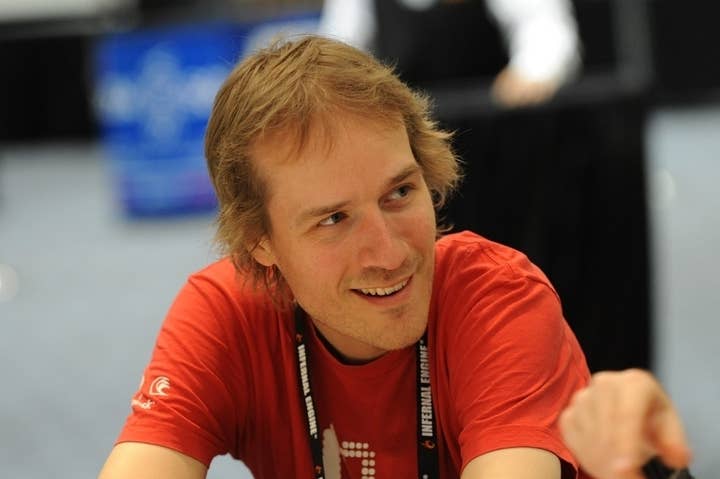Sales bad for players and devs, says Jason Rohrer
Castle Doctrine creator says a culture of sales is a culture of waiting, plans to increase price of game post-launch
Jason Rohrer doesn't like sales. In a post on the blog for new game The Castle Doctrine, Rohrer lays out the argument against game sales, and detailed a plan to make the game more expensive over time.
"To put it bluntly: sales screw your fans," Rohrer said. "Your fans love your games and eagerly await your next release. They want to get your game as soon as it comes out, at full price. But they are foolish to do that, because a sale is right around the corner...It's nice to have fans that love your work that much. And these are the fans that you kick in the teeth when you put your game on sale."
Rohrer said that sales can leave fans who just paid full price for a game feeling ripped off. And considering that there's essentially always a major sale just around the corner (Rohrer noted that Valve now runs five Steam sales annually, in addition to regular weekend and daily specials), the gaming culture has been incentivized to permanently hold off on purchasing games until they're discounted.
"This waiting game is likely decimating your player base and critical mass at launch by spreading new players out over time," Rohrer said. "And your fans, who are silly enough to buy the game at launch and waste money, get to participate in a weaker, smaller player community."
The sales also create a vicious cycle of sorts. Developers have the option to discount their games or not, but when most other developers are putting games on sale, it becomes harder to make money without matching those measures, Rohrer said. That in turn means more developers will put games on sale, which means players are more thoroughly trained to wait for sales, which only exacerbates the problem.
To break that cycle, Rohrer is trying something different with The Castle Doctrine: an "ever rising price model" inspired by Minecraft. The game as it is available right now, in alpha directly from Rohrer's own site, is $8. That's as cheap as it will ever be, rewarding diehard fans for their early adoption and assistance in testing the game before it was ready for proper sale. When it debuts on Steam, it will be $12, and a week after launch, it will rise to its permanent price point of $16.
"So, the rising price model is really just an inversion of the sales model," Rohrer said. "You get revenue spikes later in the life of the game, right before announced price hikes, which are very similar to the spikes induced by putting a game on sale. But there are no surprises, so no one feels screwed by the process."

